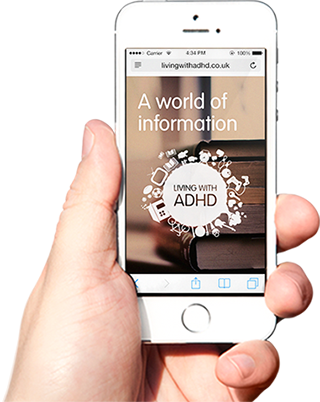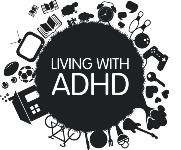Frequently asked questions for teachers
Frequently asked questions for teachers
What is the referral process for pupils for ADHD?
ADHD is diagnosed by specialists. However, different professions, including teachers and Special Educational Needs Coordinators (SENCOs), play a key role in the referral to specialist services.
Knowledge about how a child behaves, performs and interacts at school can be crucial to the diagnosis of ADHD.
What resources are available for teachers supporting pupils with ADHD?
As a teacher supporting pupils with ADHD you may find the following books and websites helpful:
The Attention Deficit Disorder Information and Support Service (ADDISS). www.addiss.co.uk
Mental Health Foundation produces an information booklet "All about ADHD", available as a PDF file. www.mentalhealth.org.uk
Chadd publishes a variety of printed materials to keep members and professionals up to date with research advances, medications and treatments for ADHD. They also have a number of fact sheets available in html or PDF formats. www.chadd.org
Book: How To Teach and Manage Children with ADHD. Cambridge: LDA press. - O' REGAN F.
Book: 1-2-3 Magic: Effective Discipline for Children. - PHELAN T 2-12. ISBN 1889140163. Child Management.
Links and publications provided are for educational purposes only. No sponsorship or endorsement is implied.
Is ADHD real?
Yes it is. ADHD is a recognised condition which actually affects around 1 in 20 people of school age in the UK. There isn't one particular reason why people get ADHD. We still don't really know how ADHD develops, but it seems to be biological.
Can ADHD be cured?
ADHD can respond well to treatment, and the good news is there are a range of treatments available, including therapies that treat behaviour and various medicines. While there is no exact ‘cure’ for ADHD, many people manage their symptoms with the help of treatment, and so that they have little or no disruption to their lives. Once your specialist team has carried out all the tests, they will know the best management and treatment plan for you.


Resources
Visit our resource centre for useful information and helpful activities for parents, teachers and teenagers living with ADHD.
